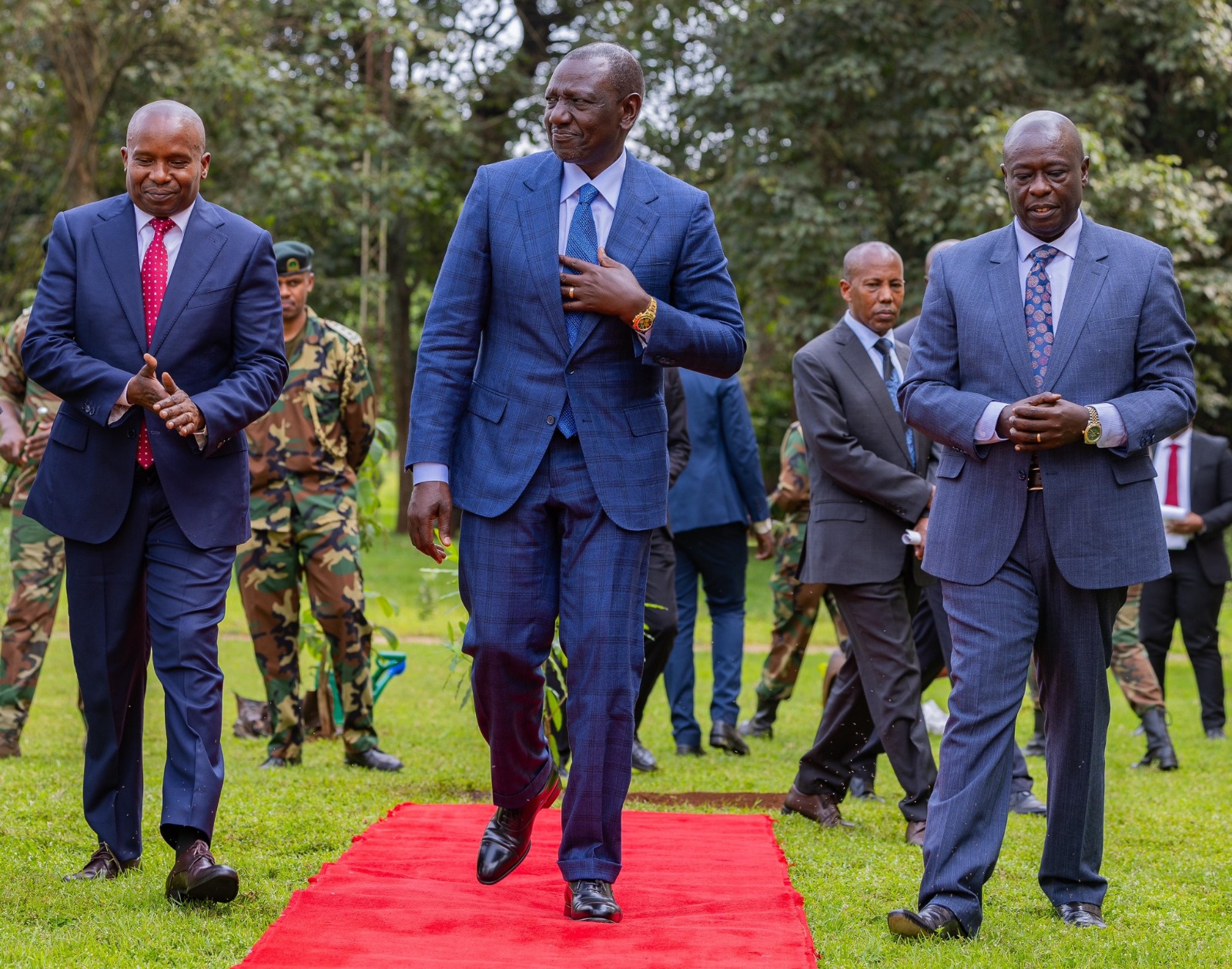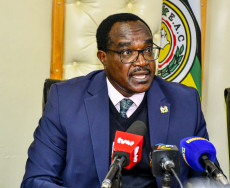- Tribal affiliation is associated with loyalty to noble houses. Some seats in leadership are given to some specific tribes and not just anyone but people from a noble family. An example is the presidential seat, which, over the years, has been associated with either the Kenyatta or Moi families.
Kenya's political landscape, like that of many countries, reminisces about intrigue and power struggles. Kenyan politics has had its share of betrayal, where political alliances turn against each other when it is convenient.
Politicians often backtrack on promises they make during their campaigning period. Whenever they get into leadership, most fail to fulfil promises made to Kenyans. Good job opportunities are mainly used as the most significant campaign agenda. However, after the election, this is never considered. Many youths are left jobless, resulting in others seeking employment abroad.
Tribal affiliation is associated with loyalty to noble houses. Some leadership seats are given to specific tribes and not just anyone but people from noble families. An example is the presidential seat, which, over the years, has been associated with either the Kenyatta or Moi families.
Most politicians work for decades to amass power. To retain their seats in an alliance, they must play the long game of politics. This involves prioritizing personal or factional power over public interest and using manipulation or control to secure influence over time.
Kenyan leaders often employ strategic alliances, calculated rivalries or betrayals to secure influence. This is because the political facts rise and fall with rapid changes in loyalty. These dynamics create a competitive and volatile environment that can catch the public in the crossfire.
Read More












